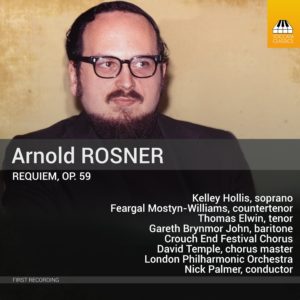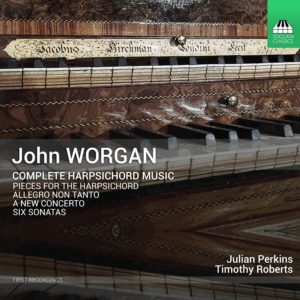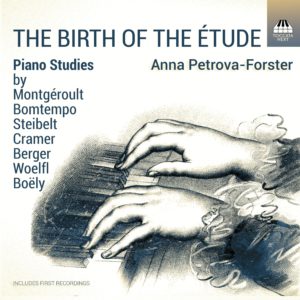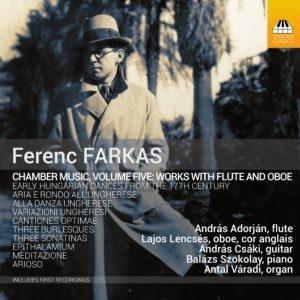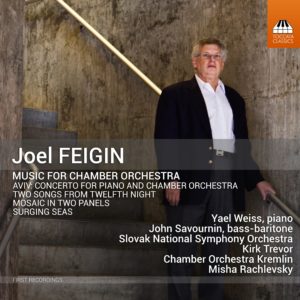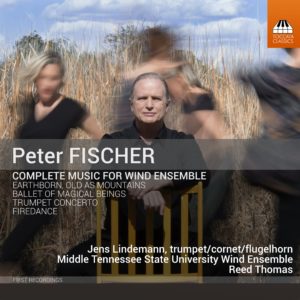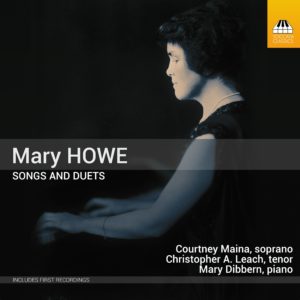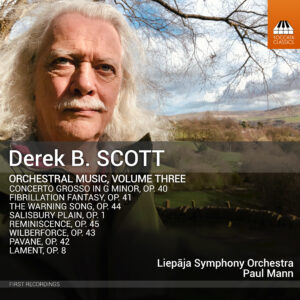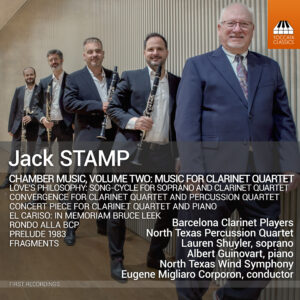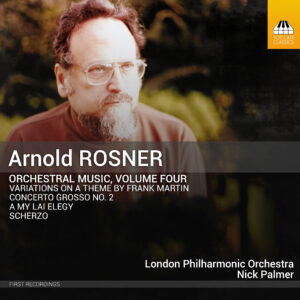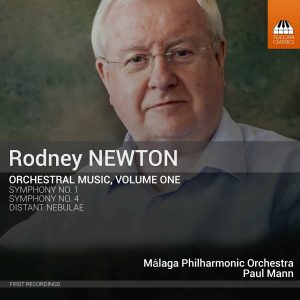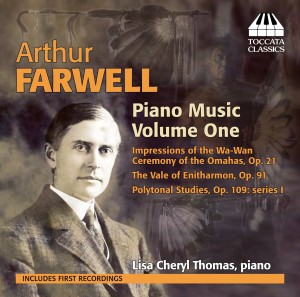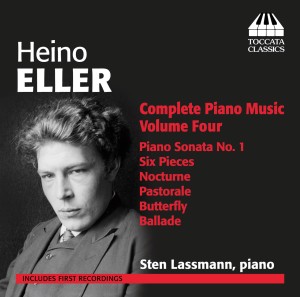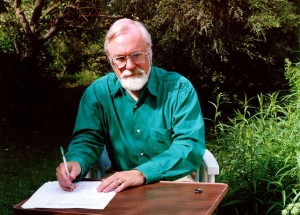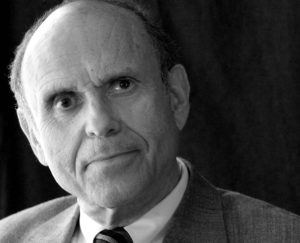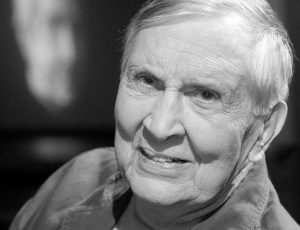Search Results for "C-ARSCC-2208 Latest Exam Question ✉ C-ARSCC-2208 Pass Guaranteed 🚴 New Guide C-ARSCC-2208 Files 🦞 Copy URL 「 www.pdfvce.com 」 open and search for ⮆ C-ARSCC-2208 ⮄ to download for free ☂Exam C-ARSCC-2208 Introduction" – Page 5
Showing results for arsi 4208 latest exam question £9 pass guaranteed £9 new guide files £9 copy url www croce com open search £9 £9 download free areas introduction croco chars 4208 arsi 4208 chars 4208 4208 4208
Arnold ROSNER: Requiem, Op. 59
Far from being a treatment of the usual Latin, the Requiem of the New York-based Arnold Rosner (1945–2013) sets spiritual and secular texts on death from a number of the world’s cultures, including Whitman, Villon, the Tibetan Book of the Dead, a sutra from Zen Buddhism and the Jewish Kaddish. The work of a young man (Rosner was 28 when he wrote it), this Requiem is both monumental and wildly energetic – but it also encompasses passages of transcendent beauty. His musical language clothes the modal harmony and rhythm of pre-Baroque polyphony in rich Romantic colours, producing a style that is instantly recognisable and immediately appealing. Some of the music was first written for an aborted operatic treatment of Ingmar Bergman’s film The Seventh Seal, where the main character plays chess with Death; in like spirit, Rosner’s Requiem is a major statement of human defiance in the face of mortality, even if its gentle closing pages bring uneasy acceptance
Kelley Hollis, soprano (Tracks 4,8)
Feargal Mostyn-Williams, counter-tenor (Tracks 1,7)
Thomas Elwin, tenor (Tracks 1,2,7)
Gareth Brynmor John, baritone (Tracks 1,5,7)
Crouch End Festival Chorus (Tracks 1,5,6,9)
David Temple, conductor (Track 6), chorus master (Track 1,5,9)
London Philharmonic Orchestra (Tracks 1-5, 7-10)
Nick Palmer, conductor (Tracks 1-5, 7-10)
First recording
John Worgan: Complete Harpsichord Music
The organist and harpsichordist John Worgan (1724–90) was one of the most highly respected musicians in the London of his day: Handel admired his playing, and Burney described him as ‘very masterly and learned’. All that survives of his harpsichord music are a ‘New Concerto’, an independent Allegro non tanto and two collections, one of six sonatas and the other of thirteen teaching pieces, but they encompass an eclectic variety of styles and a surprising range of emotions – proud, spirited, witty, impulsive, touching, vivacious – making Worgan sound something like an English Domenico Scarlatti.
Julian Perkins, double-manual harpsichord from the workshop of Jacobus Kirckman, 1772 (Tracks 1–15, 29–31)
Timothy Roberts, double-manual harpsichord by Klaus Ahrend, 1973, after Dulcken (Tracks 16–28)
The Birth of the Étude: Piano Studies by Berger, Boëly, Bomtempo, Cramer, Montgéroult, Steibelt and Woelfl
The best-known piano studies are the 27 by Chopin, most of them composed in the 1830s. But Chopin did not create the genre: a number of prominent pianist-composers had already established the piano study, or étude, in the decades before Chopin sat down to write his. Although this repertoire is as good as unknown today, it is a treasure-trove of miniature jewels, many of them announcing the dawn of Romanticism in their combination of Classical delicacy and a new harmonic warmth.
Anna Petrova-Forster, piano
Ferenc Farkas: Chamber Music, Volume Five – Works for Flute and Oboe
This twelfth release in the Toccata Classics exploration of the music of Ferenc Farkas (1905–2000) once again puts his chamber music with flute in the spotlight – here with an oboe chaser. As with previous albums in this series, the music highlights the characteristics that make Farkas’ music so appealing: catchy tunes, transparent textures, buoyant rhythms, a fondness for Baroque forms and a taste for the folk-music of his native Hungary that marks him out as a true successor to Bartók and Kodály. The works in this recording are almost all reworkings – by Farkas or the two soloists here – of music first written for different forces and now taking on a new lease of life.
András Adorján, flute (Tracks 1–15)
Lajos Lencsés, oboe (Tracks 15, 19–22), oboe d’amore (Tracks 23–26), cor anglais (Track 27)
András Csáki, guitar (Track 12)
Balázs Szokolay, piano (Tracks 1–11, 13–21)
Antal Váradi, organ (Tracks 22–27)
Joel Feigin: Music for Chamber Orchestra
It might seem that modern classical music rarely expresses happiness – but Aviv, a piano concerto by Joel Feigin (born in New York in 1951), suggests the warmth and optimism of the coming of spring. The angular, even anguished, essay for strings Surging Seas, by contrast, was inspired by the devastation wrought by the tsunamis of 2004 and 2011. The Two Songs from Twelfth Night have their origins in the tradition of American orchestral song established by Samuel Barber. And in the diptych Mosaic, also for strings, a first ‘panel’ of heartfelt lyricism is succeeded by an outburst of buoyant energy.
Yael Weiss, piano (Tracks 1 – 3)
John Savournin, baritone (Tracks 7 – 8)
Slovak National Symphony Orchestra (Tracks 1 – 8)
Kirk Trevor, conductor (Tracks 1 – 8)
Chamber Orchestra Kremlin (Tracks 9 – 10)
Misha Rachlevsky, conductor (Tracks 9 – 10)
Peter Fischer: Complete Music for Wind Ensemble
The four works for symphonic wind band composed by Peter Fischer – born in 1956, across the bay from San Francisco, in Martinez, California – are almost textbook examples of American eclecticism, mixing inner-city vibrancy with a sense of the timeless outdoors, bringing in flavours from jazz and rock and moving easily between vigorous dance-rhythms and sultry nightscapes. Dance, indeed, lies at the heart of most of this music, which gives the mambo, the tango, the tarantella and the waltz a new and spirited twist amid echoes of Stravinsky, Revueltas and Bernstein.
Jens Lindemann, cornet (track 2), flügelhorn (track 3), trumpet (track 4)
Middle Tennessee State University Wind Ensemble
Reed Thomas, conductor
Mary Howe: Songs and Duets
The name of Mary Howe (1882–1964) seems to have vanished from the history books. But she was an important voice in American music in the first half of the twentieth century, as an activist and organiser, as a concert pianist and, especially, as a composer. This pioneering album of her songs shows her late-Romantic style open to influences from Debussy, Mahler, Richard Strauss and other contemporaries: she was, she said, ‘alert for new sensations, like a Puritan on a holiday’.
Courtney Maina, soprano (tracks 1,2, 4, 10-13, 15, 16, 19, 20, 22)
Christopher A. Leach, tenor (tracks 1, 3, 5-10, 13, 17, 18, 21, 22)
Mary Dibbern, piano
Derek B. Scott: Orchestral Music, Volume Three
Derek Scott, born in Birmingham in 1950, has an international reputation as an historian of the British music hall and other forms of light entertainment. But he is an outstanding composer in his own right – a master craftsman and natural tunesmith, who manages to unite good humour, unerring technique and deep feeling in music of immediate appeal. Although the works recorded here represent his most recent harvest of orchestral music, for many of them he revisited material composed earlier in his career, using it as the basis for a series of new scores, some exhibiting a very English sense of whimsy, others concerned with deeper matters – one, indeed, inspired by the war in Ukraine. This album has been released with remarkable speed: it was recorded only on 15–18 May this year.
Liepāja Symphony Orchestra
Paul Mann, conductor
Ingus Novicāns, horn
Līga Baltābola and Jānis Baltābols, violins
Klāvs Jankevics, cello
Gertruda Jerjomenko, harpischord
Jack Stamp: Chamber Music, Volume Two
Celebrating his 70th birthday on March 5th, the American composer John Stamp (b. 1954) – universally known as ‘Jack’ – is a familiar figure in the worlds of the symphonic wind-band movement that flourishes in US universities and of the brass band on both sides of the Atlantic. When the Barcelona Clarinet Players asked him for a new work, and then proposed this album, he had to create the repertoire from scratch. The range of moods he has generated here is surprisingly wide, from gentle night-music that caresses the ear, via jaunty fugal textures and buoyant counterpoint, to catchy dance-rhythms that set the foot tapping.
Barcelona Clarinet Players
North Texas Percussion Quartet
Lauren Shuyler, soprano
Albert Guinovart, piano
North Texas Wind Symphony
Eugene Migliaro Corporon, conductor
Arnold Rosner: Orchestral Music, Volume Four
The musical language of the New York-based Arnold Rosner (1945–2013) clothes the modal harmony and rhythm of pre-Baroque polyphony in rich Romantic colours, producing a style that is instantly recognisable and immediately appealing. This fourth Toccata Classics album of his orchestral music opens with an engaging and energetic early Scherzo and a Concerto Grosso that has something of the dignified reserve of the Swiss composer Frank Martin, whom Rosner much admired – as the broadly expressive Variations on a Theme by Frank Martin go on to show. Rosner’s A My Lai Elegy, a symphonic poem inspired by a massacre of civilians in Vietnam, has few equals in the orchestral repertoire: it veers from profound sadness to wild, freewheeling anger – protest music at its grandest and most passionate.
London Philharmonic Orchestra
Nick Palmer, conductor
Rodney Newton: Orchestral Music, Volume One
The English musician Rodney Newton (b.1945) earned his living as an orchestral timpanist and percussionist, becoming known primarily for his works for brass bands. Until now his substantial output for orchestra has remained completely unknown. This first recording of two early symphonies reveals a composer with a natural sense of melody, drama and colour, and a strong feeling for landscape, in the tradition of such earlier British symphonists as Vaughan Williams and Arnold. The tone poem Distant Nebulae, inspired by Charles Ives’ The Unanswered Question, reflects the vastness of the heavens in music of understated beauty and elegance.
Málaga Philharmonic Orchestra
Andrea Šestaková, violin (Track 2)
David Llavata, trumpet (Track 8)
Paul Mann, conductor
Arthur Farwell: Piano Music, Volume One
The American composer Arthur Farwell (1872-1952) is remembered as the leading member of a group of 'Indianists' who used Native American tribal melodies. But Farwell's stylistic range was much wider than is realised today. This CD, the first of two to be recorded by Lisa Cheryl Thomas, herself of Cherokee, Blackfoot and Sioux ancestry, presents first The Vale of Enitharmon, based on the mythology of William Blake, which mixes Romanticism and Impressionism. Impressions of the Wa-Wan Ceremony of the Omahas represents an American Indian ritual so revered that warring tribes would lay down their arms to let the procession pass. And the experimental Polytonal Studies pit two different keys against each other, exploiting the attraction of opposites to generate unusual harmonies and melodies.
Lisa Cheryl Thomas, piano
Heino Eller: Complete Piano Music, Volume Four
As both composer and teacher Heino Eller (1887-1970) was one of the founders of the classical tradition in his native Estonia. Yet his copious output for piano — some 200 works — is largely unknown, an omission this series of eight CDs seeks to redress. This fourth volume presents Eller's First Sonata, a Romantic work of gigantic proportions, composed for his final exam at the Petrograd Conservatory, as well as a number of miniatures, including one of his most popular pieces, Butterfly, and ends with the sage but passionate Ballade in C sharp minor from 1955.
Sten Lassmann, piano
John McCabe in his Own Words
John’s death on 13 February was not unexpected – indeed, he had given his brain tumour a good fight and long outlived his doctors’ prognoses.…
Happy Collaborations — Samuel Adler: Music for Chamber Orchestra
Several years ago, through a mutual acquaintance, I met Dongmin Kim, the conductor of the New York Classical Players, and we immediately felt a kinship.…
Einojuhani Rautavaara, Symphonist
THE FINNISH COMPOSER TALKS TO MARTIN ANDERSON In the light of the death of the Finnish composer Einojuhani Rautavaara, on 27 July 2016, in a…
Stay In the Know
JOIN THE TOCCATA NEWSLETTER
"*" indicates required fields
By visiting our site, you agree to our privacy policy regarding cookies, tracking statistics, etc.
